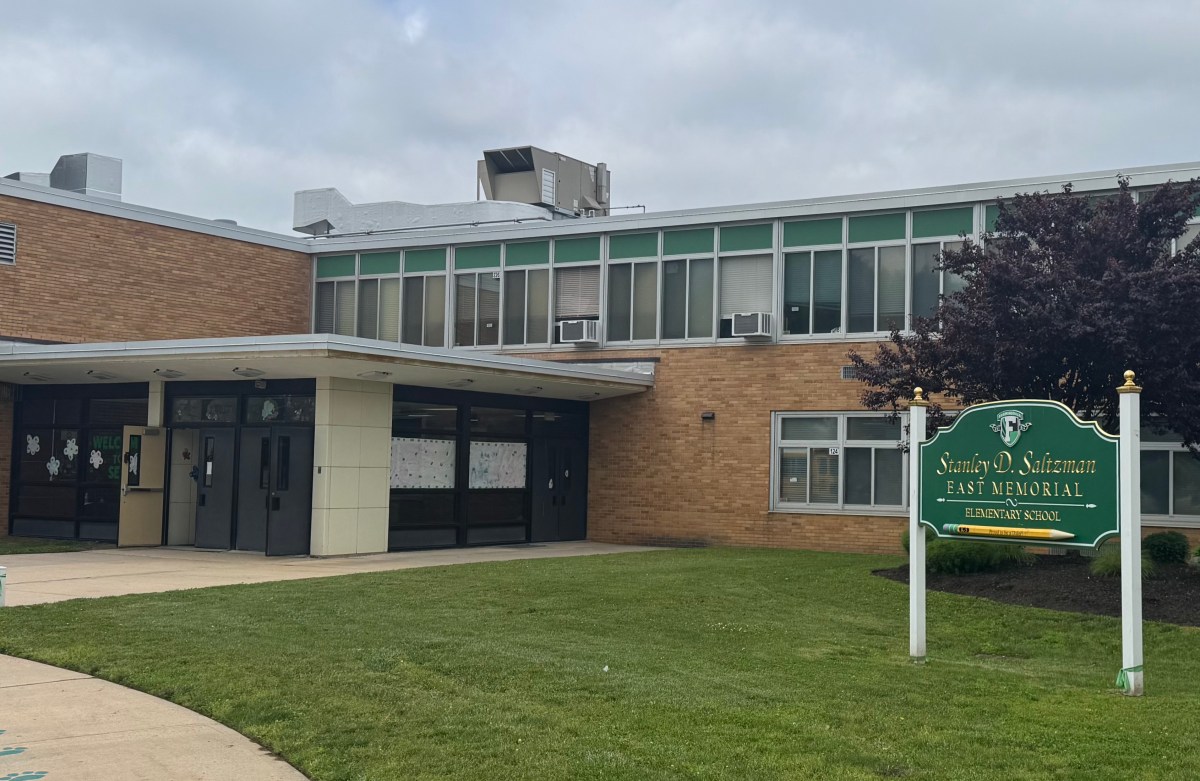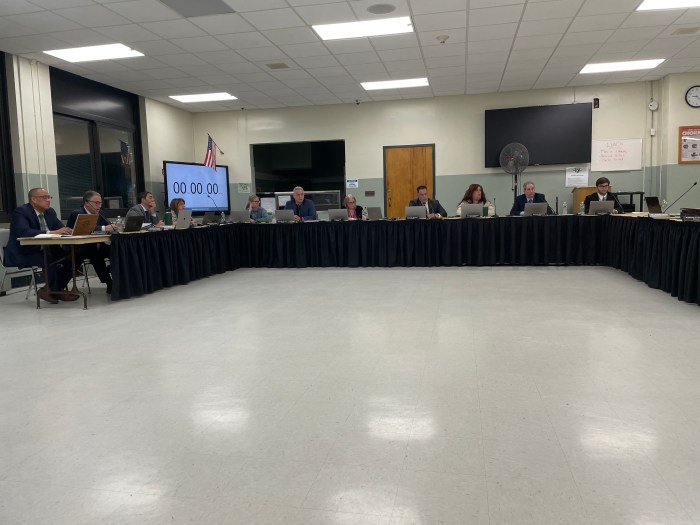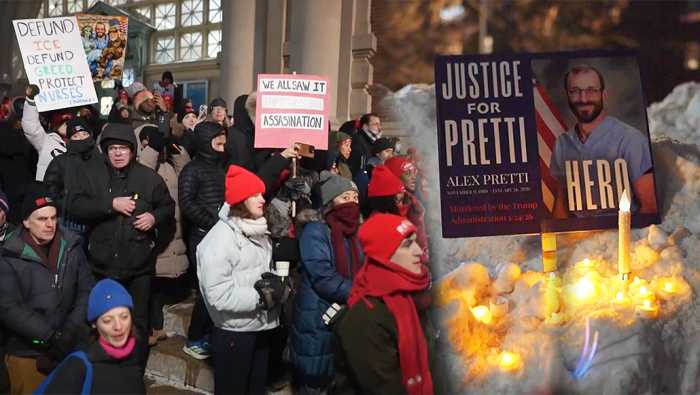Babylon Town officials and residents have sued Nassau County and several other agencies, saying that the county has unlawfully shifted tax burdens onto Suffolk County residents in “split-county” school districts in Farmingdale and Amityville, according to a complaint filed in federal court in May.
The residents and officials contend that “split” school districts are unconstitutional and are seeking financial relief.
The suit lists Babylon Town Supervisor Richard Schaffer, the town council, and five Suffolk County residents as plaintiffs. The defendants include Nassau County, the state Board of Real Property Tax Services, multiple state officials, the state Senate and the state Assembly.
The Amityville and Farmingdale School Districts pull students from both Nassau and Suffolk.
The state uses equalization rates to determine how property taxes are distributed. This includes when school districts span multiple municipalities with differing property values.
The suit said that Nassau County has frozen its equalization rate for the past five years, but Babylon has not. This has caused Babylon Town residents to pay higher rates than Nassau County residents.
The Amityville School District primarily serves Suffolk County, but a small portion of students are from East Massapequa. Suffolk residents in the Amityville School District faced a nearly $3 million increase.
Most of the Farmingdale School District is zoned within Nassau County, but parts of East Farmingdale, which lies in Suffolk, also attend Farmingdale schools.
In Farmingdale, the result was an estimated $5 million increase in the school tax burden for Suffolk homeowners, while Nassau residents saw their share drop by about $1 million.
Farmingdale Board of Education Trustee Gavin Rogers cited the different rates at the school’s board meeting in April in voting against the district’s adopted budget.
The lawsuit said that Babylon Town residents within the two school districts have seen a 19% increase in their “tax burden.”
“In a practical sense, the inequitable equalization rate established by the State Defendants caused residents on the same street (one side within the Town of Babylon, Suffolk County and one side in the County of Nassau) to be forced to pay extremely different tax rates for the same school districts for similarly situated properties,” the suit said.
State Sen. Monica Martinez announced in June that the Senate had passed her proposed bill to require the state commissioner of taxation and finance to create special equalization rates to help fairly divide the school tax burden based on local property values on the Nassau-Suffolk border.
The bill would authorize local assessing jurisdictions in school districts that span multiple counties to challenge an equalization rate being applied to the other taxing jurisdiction. Martinez said these changes are intended to correct existing imbalances and help ensure that school taxes are distributed more fairly among property owners living in the same district but across county lines.
As of Monday, July 28, the bill has not passed the state Assembly.
“Homeowners shouldn’t face significantly higher school taxes just because of which side of a county line their property is on,” Martinez previously said.
State Assembly Member Kwani O’Pharrow previously shared a similar sentiment.
“The recent surge in school taxes for Suffolk County residents highlights a broken system — one where outdated assessments in neighboring Nassau shift millions in tax responsibility onto Farmingdale and Amityville homeowners,” he said.

































